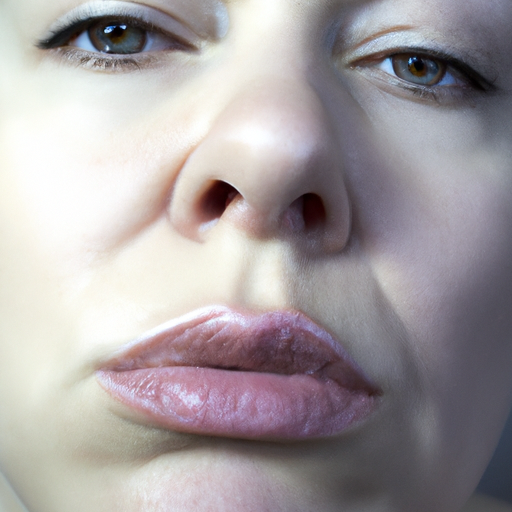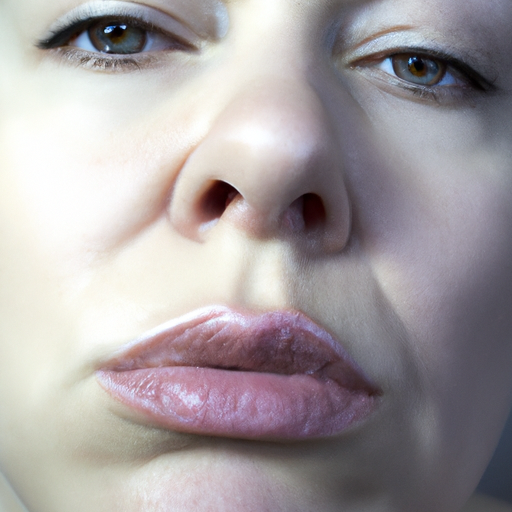As a dermatologist, I often encounter patients who struggle with sensitive skin. This condition can present a variety of symptoms, including redness, itching, burning, and dryness. These symptoms can be triggered by a myriad of factors, such as environmental elements, harsh skincare products, allergies, or underlying skin conditions. Fortunately, there are several effective treatments that can soothe sensitive skin and improve its overall health.
Firstly, it is crucial to understand that sensitive skin requires a gentle approach. Harsh soaps, fragrances, and certain chemicals can further irritate the skin, causing inflammation and discomfort. Therefore, the first step in treating sensitive skin is to switch to gentle, hypoallergenic skincare products. Look for products labeled as ‘fragrance-free’ or ‘for sensitive skin.’ These products are usually free from common irritants and are less likely to cause adverse reactions.
Secondly, moisturizing is essential for sensitive skin. Dryness can exacerbate sensitivity, leading to itching and flaking. Regular use of a good moisturizer can help to maintain the skin’s natural barrier function and keep it hydrated. Opt for moisturizers that contain ingredients like hyaluronic acid and ceramides, which are known for their hydrating properties. Remember to apply your moisturizer immediately after bathing when your skin is still damp to lock in moisture.
In some cases, sensitive skin may be a symptom of an underlying skin condition such as rosacea or eczema. If you suspect this might be the case, it is essential to seek professional help. A dermatologist can diagnose these conditions and prescribe appropriate treatments. These may include topical creams or ointments containing corticosteroids or other anti-inflammatory agents to reduce inflammation and soothe the skin.
Another effective treatment for sensitive skin is the use of sun protection. Sun exposure can cause significant damage to the skin, leading to increased sensitivity. It is therefore crucial to protect your skin from the sun by wearing a broad-spectrum sunscreen with an SPF of at least 30, even on cloudy days. Wearing protective clothing and seeking shade during peak sun hours can also help to protect sensitive skin.
Lastly, lifestyle changes can also contribute to improving sensitive skin. A healthy diet rich in antioxidants and omega-3 fatty acids can help to strengthen the skin’s barrier and reduce inflammation. Regular exercise can improve circulation and promote skin health. Moreover, stress management techniques such as yoga or meditation can help to reduce stress-related skin flare-ups.
In conclusion, sensitive skin can be a challenging condition to manage, but with the right skincare regimen and lifestyle changes, it is possible to soothe the skin and reduce symptoms. It is always advisable to consult with a dermatologist if you have concerns about your skin’s sensitivity. They can provide personalized advice and treatment options based on your specific needs and skin type. Remember, every skin is unique, and what works for one person may not work for another. Therefore, patience and consistency are key in managing sensitive skin.




